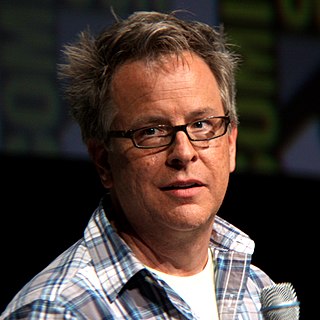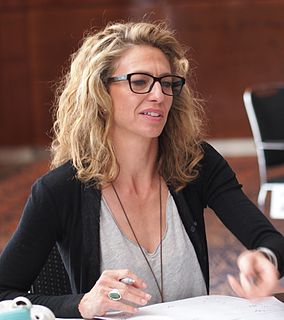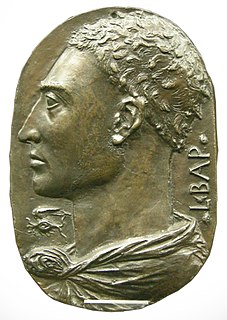A Quote by Charles Bukowski
Those faces you see every day on the streets were not created entirely without hope: be kind to them: like you they have not escaped.
Related Quotes
I loved the Scarecrow and the Tin Man and the Lion and you could kind of see the actors' faces in them. It wasn't an entirely new face sculpted around them. What made those characters so human and appealing to me was seeing those great actors underneath there. They weren't lost behind a bunch of appliances.
When you look into the faces of these quiet creatures who don't know how to tell stories--who are mute, who can't make themselves heard, who fade into the woodwork, who only think of the perfect answer after the fact, after they're back at home, who can never think of a story that anyone else will find interesting--is there not more depth and more meaning in them? You can see every letter of every untold story swimming on their faces, and all the signs of silence, dejection, and even defeat. You can even imagine your own face in those faces, can't you?
My take is that there's two ways to approach history. You sit in your armchair and you watch it on the news and you return to your PlayStation. Or you get out in the streets and you make it. Like, when those Supreme Court justices, you know, legalize desegregation, it wasn't due to their infinite wisdom. It's because people whose names you do not read about in history books, people whose faces you will never see, were the ones who struggled and sacrificed, sometimes gave their lives, to make this country a more equal one. When, it's like those people don't make history, it's us.
I loved them all the way one loves at any age -- if it's real at all -- obsessively, painfully, with wild exultation, with guilt, with conflict; I wrote poems to and about them, I put them into novels (disguised of course); I brooded upon why they were as they were, so often maddening don't you know? I wrote them ridiculous letters. I lived with their faces. I knew their every gesture by heart. I stalked them like wild animals. I studied them as if they were maps of the world -- and in a way I suppose they were.
Hope. People want hope. We crave hope. We long for hope. Hope has been present since the very beginning. And almost in the worst situations of human history, you often find the greatest amount of hope. The very nature of the situation, the way stepped-on people created within them even more hope than when things were going fine. Hope has always been around.






































